After starting my pharmacy career working in a neonatal intensive care unit, tending to the pharmacy needs of premature babies, I have now come full circle working with frail elderly people living in aged care facilities.
These people deserve our respect and I particularly enjoy hearing their life stories. Many of our elderly people migrated to Australia to establish a new life in the lucky country where everyone had the opportunity to make a go of it. These migrants often worked hard to provide opportunities for their children, especially access to education. Those born in Australia have stories to tell which often include a childhood of freedom and adventures, war service and travel, courtship and marriage, work and family life, then retirement and grey nomad adventures.
There are also some who do not want to remember the past coming from war torn countries or being holocaust survivors who lost everyone and everything. They prefer to share stories of the success of their now adult children who are doctors or lawyers or have taken over the family business.
The range of backgrounds of the residents in aged care facilities is amazing: from the man who built all the local roads to Supreme Court judges, factory workers, pharmacists, teachers, housewives, doctors, chefs, accountants and foreign correspondents. Most are also mothers, fathers, sisters, brothers, aunts, uncles and grandparents. Dementia often takes residents back to their previous lives: I’ve seen a former radiographer sorting through x-rays, mothers worried about picking up their children from school, men who can’t find their car keys, wives wanting to prepare dinner before their husbands come home, retired nurses trying to care for other residents and those looking for that elusive bus stop.
The lifestyle staff make great efforts to assist residents feel at home and enjoy each day. Apart from exercises, card games, movies, outings, art and craft, many facilities have pets. Fish tanks, cats and dogs are common place but I have also encountered chooks, caged birds, a joey kangaroo and even a baby wombat. Each pet has a care plan just like the human residents. Good lifestyle staff, a busy activities program and a well-designed facility reduce the need for antidepressants, antipsychotic medication and sedatives. Anxiety can be calmed by stroking a pet or tending a garden bed. A secure garden with pathways enables wanderers to walk safely. Human contact is also important and visitors, especially family members, lift the spirits of the elderly. Massage meets a need for human touch.
Music is essential for dancing, to entertain, to assist with relaxation at the end of the day, and to soothe someone who is distressed during the night.
The present
Pharmacists have a lot to offer frail elderly people. Supplying the right medication for the right person at the right time is the base on which we build. Through RMMRs we can assist to ensure the medication regimen is tailored to the needs of each individual:
- Adjusting doses as organs start to fail
- Deprescribing medication not contributing to quality of life
- Working out the best option for medication administration e.g. when swallowing becomes a problem or when a resident is struggling to use an inhaled medication.
- Other contributions pharmacists make in aged care include:
- Providing education to staff
- Undertaking audits of medication use
- Contributing to the Medication Advisory Committee
- Improving quality use of medication across the facility.
The future
As roles for aged care pharmacists expand and they are remunerated to spend more time at each facility, they will be involved in medication reconciliation and case conferencing with GPs.
They will be onsite when a resident returns from specialist appointments or is discharged from hospital thus being able to ensure that medication changes are interpreted and implemented accurately. When a new resident is admitted they will conduct admission interviews and liaise with family members to ensure continuity of care. They may also take over responsibility for self-medication assessments for residents who are more independent. They may become responsible for preparing medication charts. Pharmacists will be better able to prevent errors and problems by being proactive rather than identifying mistakes during a two yearly RMMR. They will be involved in palliative care management and be able to ensure residents have a dignified end of life experience.
Aged care pharmacists have much to offer and frail elderly people deserve to have access to our expertise.
KAY DUNKLEY MPS is Executive Officer of the Pharmacist Support Service, Doctor Well-Being Advisor at AMA Victoria and also works as an accredited consultant pharmacist.








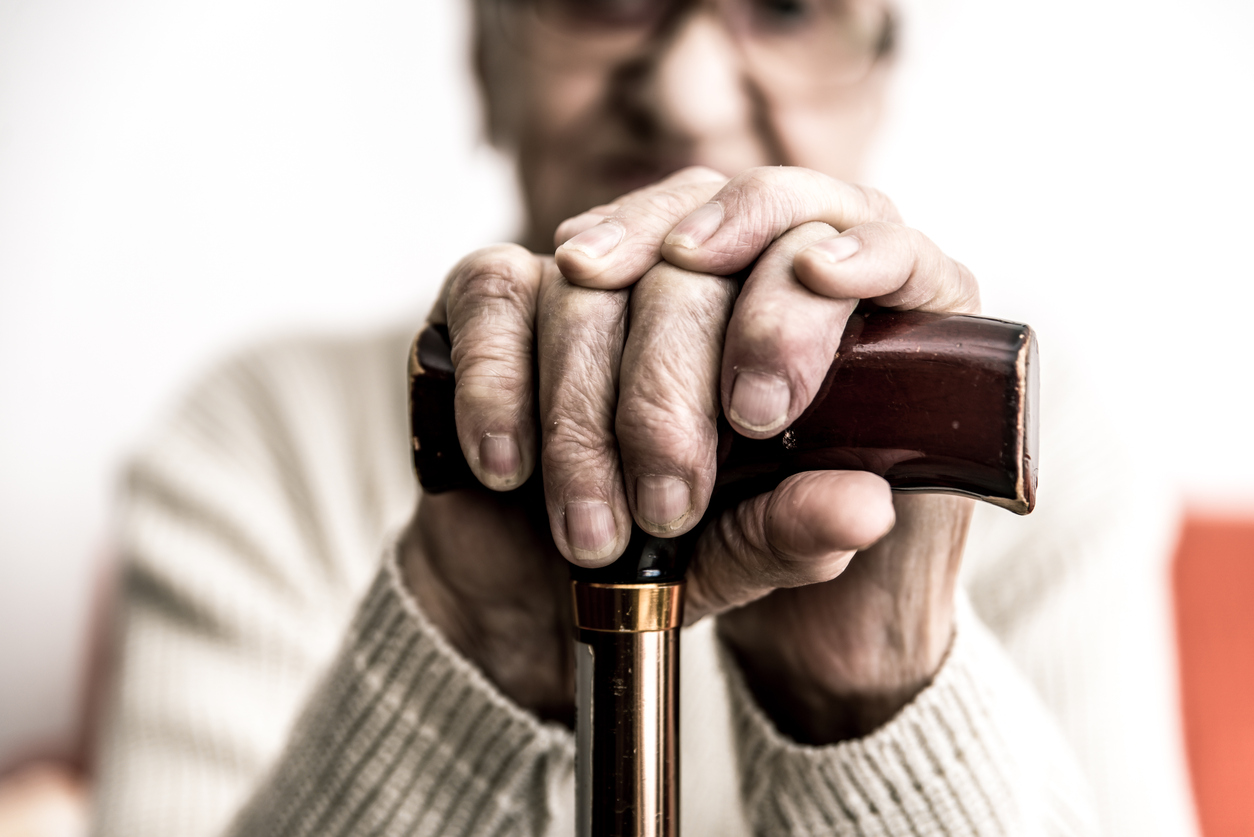





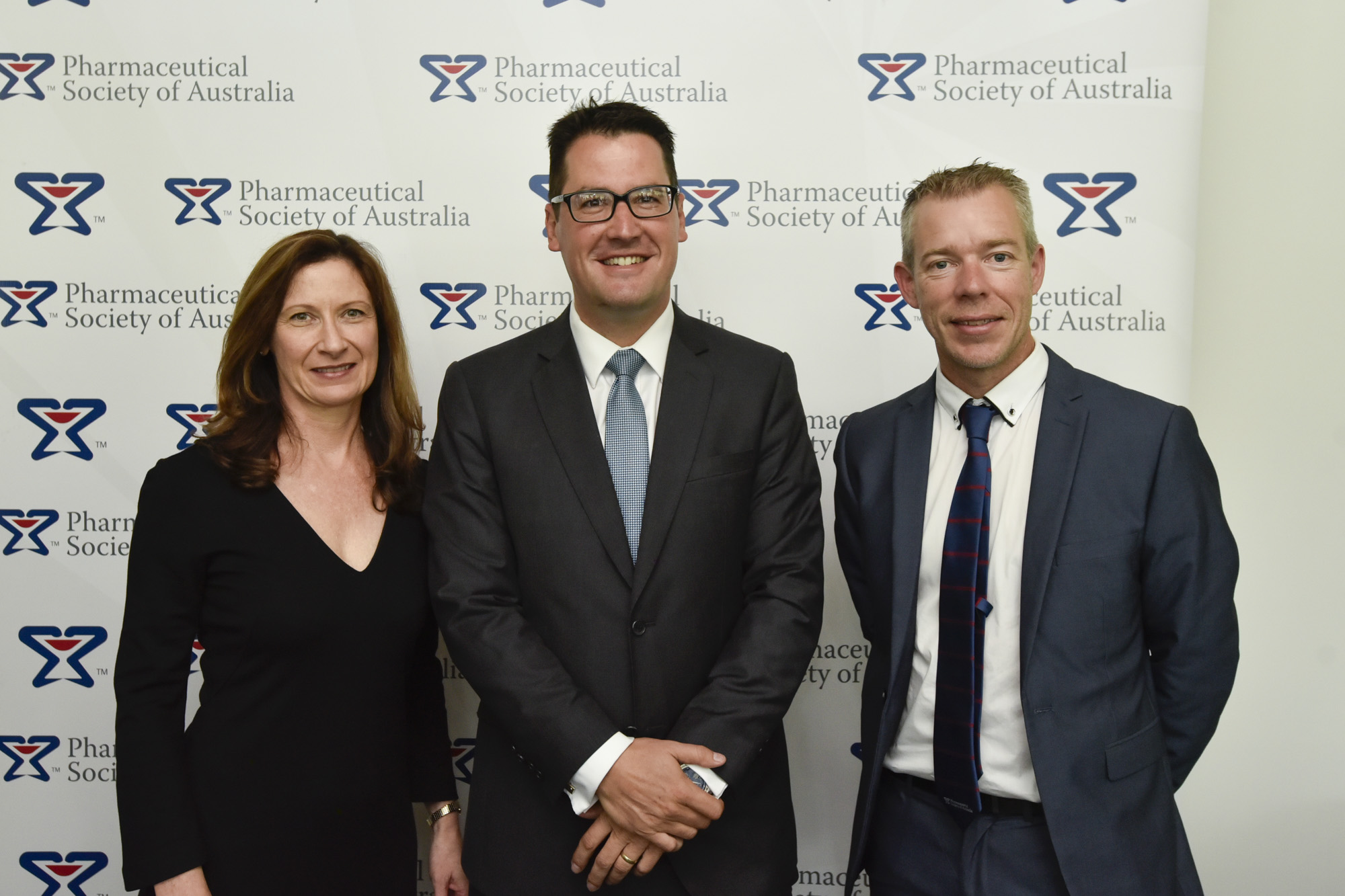 PSA Chief Operating Officer Deb Bowden, Senator Zed Seselja and PSA National President Dr Shane Jackson.[/caption]
PSA Chief Operating Officer Deb Bowden, Senator Zed Seselja and PSA National President Dr Shane Jackson.[/caption]
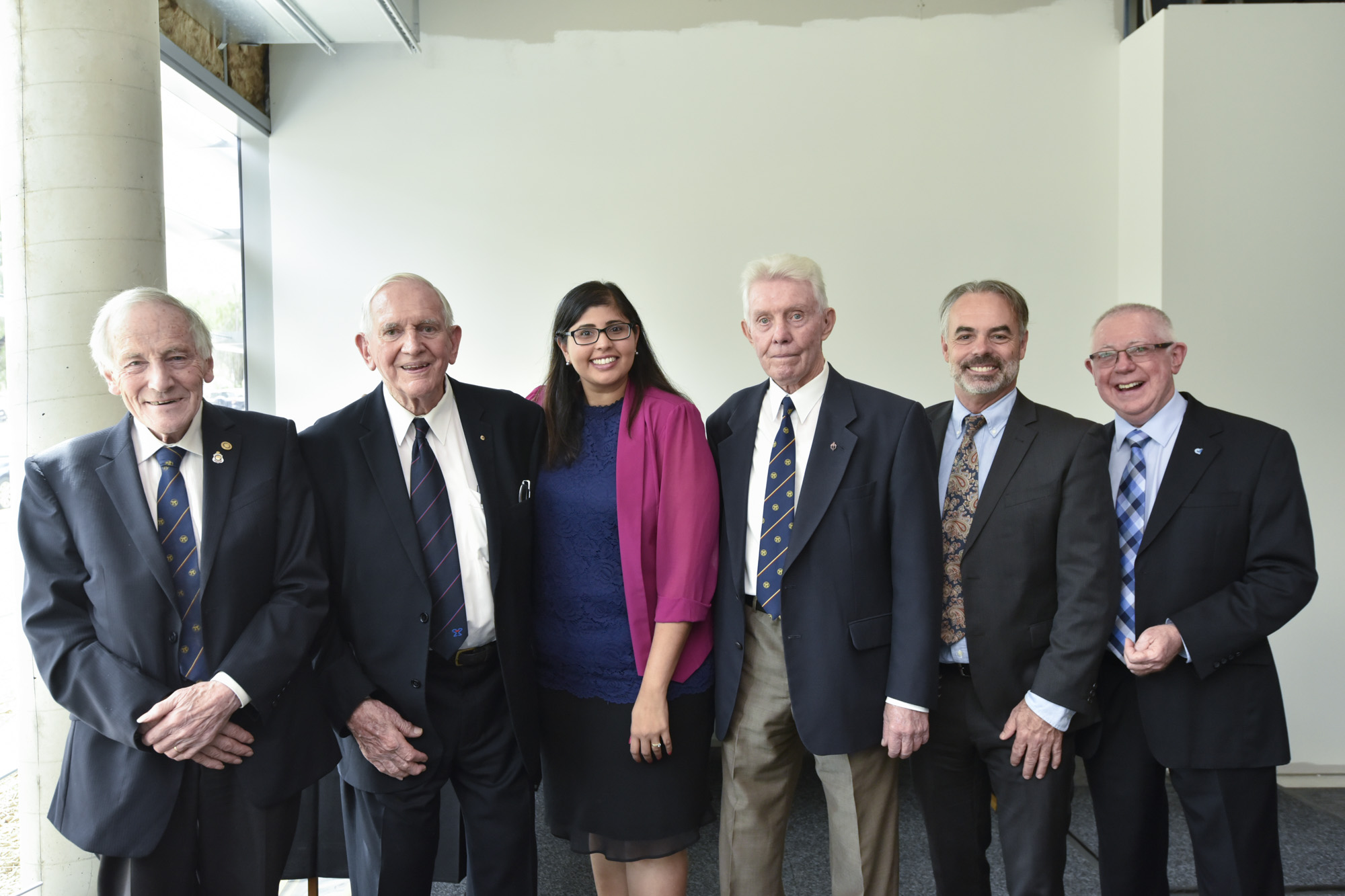

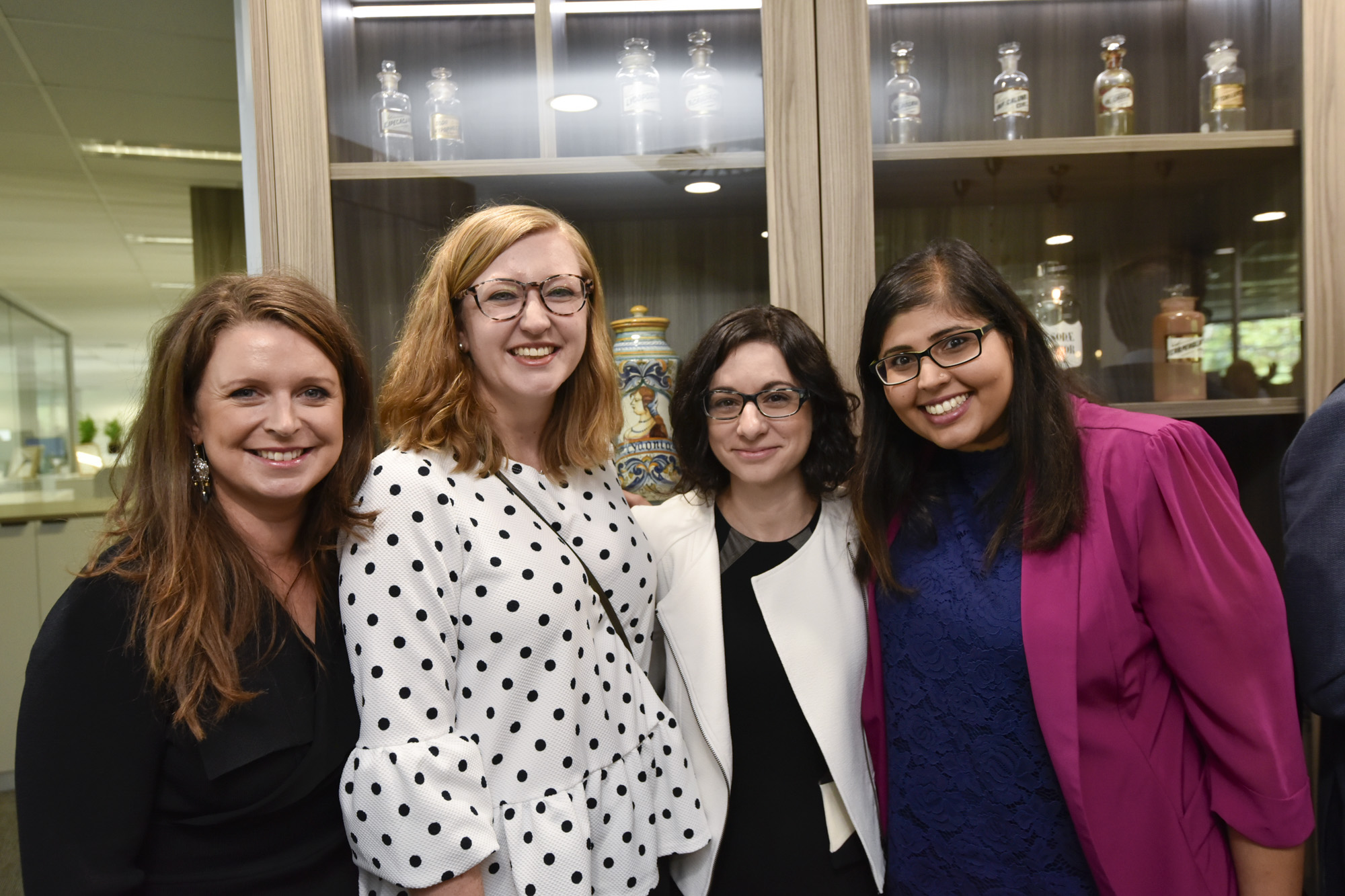

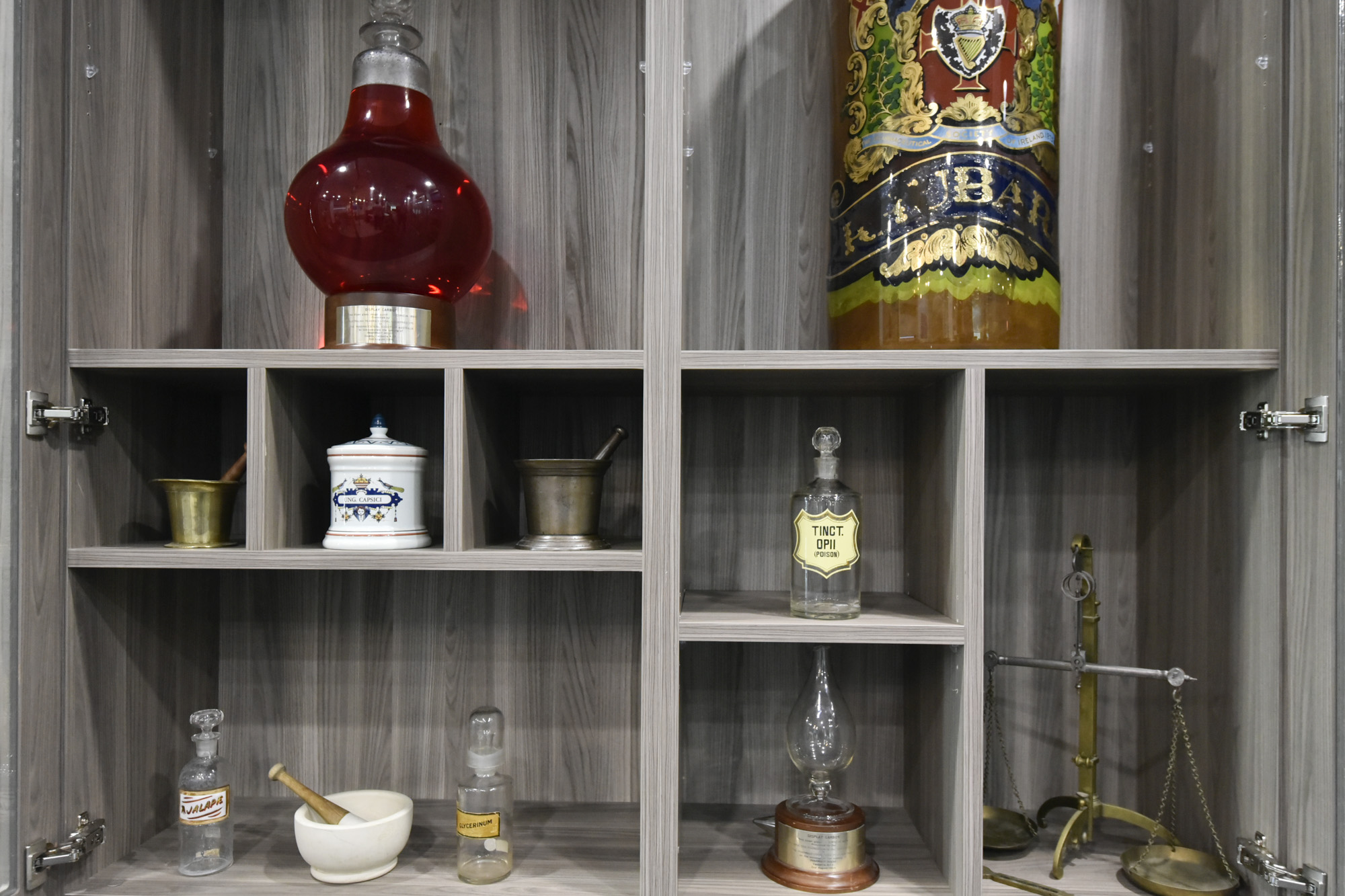
 [post_title] => New Pharmacy House opens
[post_excerpt] =>
[post_status] => publish
[comment_status] => open
[ping_status] => open
[post_password] =>
[post_name] => new-pharmacy-house-opens
[to_ping] =>
[pinged] =>
[post_modified] => 2018-04-05 12:33:52
[post_modified_gmt] => 2018-04-05 02:33:52
[post_content_filtered] =>
[post_parent] => 0
[guid] => http://psa.studionerve.com/?p=1231
[menu_order] => 0
[post_type] => post
[post_mime_type] =>
[comment_count] => 0
[filter] => raw
)
[title_attribute] => New Pharmacy House opens
[title] => New Pharmacy House opens
[href] => http://psa.studionerve.com/new-pharmacy-house-opens/
[module_atts:td_module:private] => Array
(
)
[td_review:protected] => Array
(
)
[is_review:protected] =>
[post_thumb_id:protected] => 1239
)
[post_title] => New Pharmacy House opens
[post_excerpt] =>
[post_status] => publish
[comment_status] => open
[ping_status] => open
[post_password] =>
[post_name] => new-pharmacy-house-opens
[to_ping] =>
[pinged] =>
[post_modified] => 2018-04-05 12:33:52
[post_modified_gmt] => 2018-04-05 02:33:52
[post_content_filtered] =>
[post_parent] => 0
[guid] => http://psa.studionerve.com/?p=1231
[menu_order] => 0
[post_type] => post
[post_mime_type] =>
[comment_count] => 0
[filter] => raw
)
[title_attribute] => New Pharmacy House opens
[title] => New Pharmacy House opens
[href] => http://psa.studionerve.com/new-pharmacy-house-opens/
[module_atts:td_module:private] => Array
(
)
[td_review:protected] => Array
(
)
[is_review:protected] =>
[post_thumb_id:protected] => 1239
)















